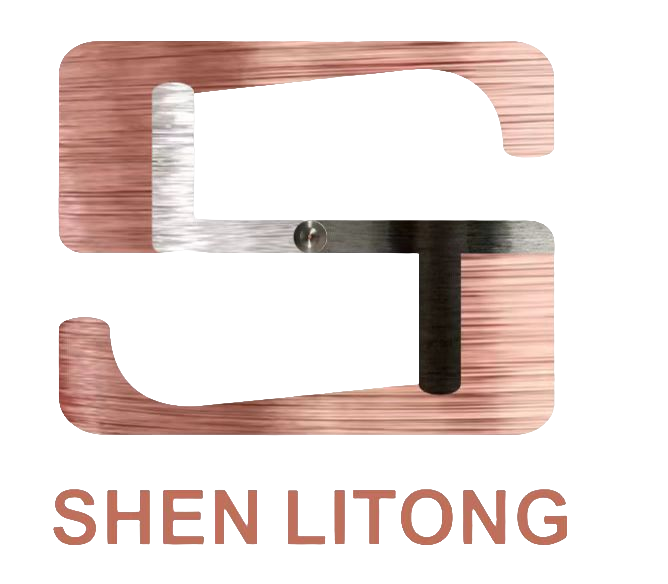English
News
-
 Read More
Read More
How to use wire drawing die to create exquisite craftsmanship
Wires are an indispensable product in our daily lives. Whether it is household electricity, construction projects, or electronic equipment, wires are needed to transmit electrical energy. However, wires are not static, and their appearance and performance often need to be customized to specific needs.
-
 Read More
Read More
TC DIES VS PCD DIES
Save raw materials. If the drawing surface is coated with metal cables, the whole process of the electroplating process is terminated and the whole process is not terminated, which results in the thin and thick plating process layer of the electroplating process of the cable that has been electroplated. In the case of starting from scratch, the thin and thick ultra-standard cables will need to be cut off, which causes a large degree of consumption, and the more the frequency of shutdown, the greater the consumption. The selection of polycrystalline diamond drawing die can greatly reduce such consumption.
-
 Read More
Read More
The role of Semi-finished Dies and their importance in manufacturing
With the continuous development of modern manufacturing technology, Semi-finished Dies play an important role in the manufacturing industry. They are special tools used to work and form metal or other materials during manufacturing processes.
-
 Read More
Read More
Shaped Wire Drawing Dies Manufacturers and Suppliers in China
Wire drawing is a critical process in the manufacturing of wires with various shapes and sizes, and the key to achieving precision in this process lies in the wire drawing dies. Shen Litong, a prominent name in the industry, has consistently demonstrated its expertise and innovation as one of the leading manufacturers of shaped wire drawing dies.
-
 Read More
Read More
The main characteristics of NANO coated wire drawing die
Nano coated wire drawing die after surface nano coating treatment, has the following characteristics:
-
 Read More
Read More
How much does an extrusion die cost?
Extrusion Die is a key manufacturing tool used in many industries to produce metal and plastic products of various shapes. The cost of these molds varies based on a variety of factors, so it's important to understand the price factors before purchasing an extrusion mold.
-
 Read More
Read More
What is the cause of rapid damage of wire drawing die?
The factors of the processing quality of the drawing die itself lead to rapid wear of the die:
-
 Read More
Read More
Wire drawing shaped dies: shaping innovative industrial applications
Recently, wire drawing shaped dies have become an important technological innovation in the industrial field, bringing huge development opportunities to the metal processing industry. This innovative mold shapes metal materials into products of various shapes and sizes through a wire drawing process. The following will introduce the characteristics and advantages of metal wire drawing dies.
-
 Read More
Read More
What is the die of the extrusion?
The extrusion die is a key component in the extrusion process, used to pass the molten material through the die to form the required cross-sectional shape. It is a metal tool with an opening, usually made of steel, used to extrude molten plastic or metal into a desired shape.
-
 Read More
Read More
What products are diamond dies used for?
Diamond molds are widely used in various industries, mainly for processing metals, plastics and other materials. The unique characteristics of diamond molds make them ideal tools for high-precision, high-efficiency processing.
-
 Read More
Read More
What is the die angle in wire drawing?
In the manufacturing process of metal wire, die angle is a key parameter. It refers to the angle between the metal wire and the die hole, which plays a vital role in the shaping and quality of the wire drawing process.
-
 Read More
Read More
Why should we strictly control the length and compression Angle of the drawing die?
Wire drawing die is a very important expendable die in the drawing production of various metal wires.
 English
English Español
Español Português
Português русский
русский français
français 日本語
日本語 Deutsch
Deutsch Tiếng Việt
Tiếng Việt Nederlands
Nederlands ไทย
ไทย Polski
Polski 한국어
한국어 Svenska
Svenska magyar
magyar Malay
Malay বাংলা
বাংলা Dansk
Dansk Suomi
Suomi हिन्दी
हिन्दी Pilipino
Pilipino Türk
Türk Gaeilge
Gaeilge عربى
عربى Indonesia
Indonesia norsk
norsk čeština
čeština Ελληνικά
Ελληνικά Українська
Українська नेपाली
नेपाली Burmese
Burmese български
български ລາວ
ລາວ Latine
Latine slovenský
slovenský Lietuvos
Lietuvos












